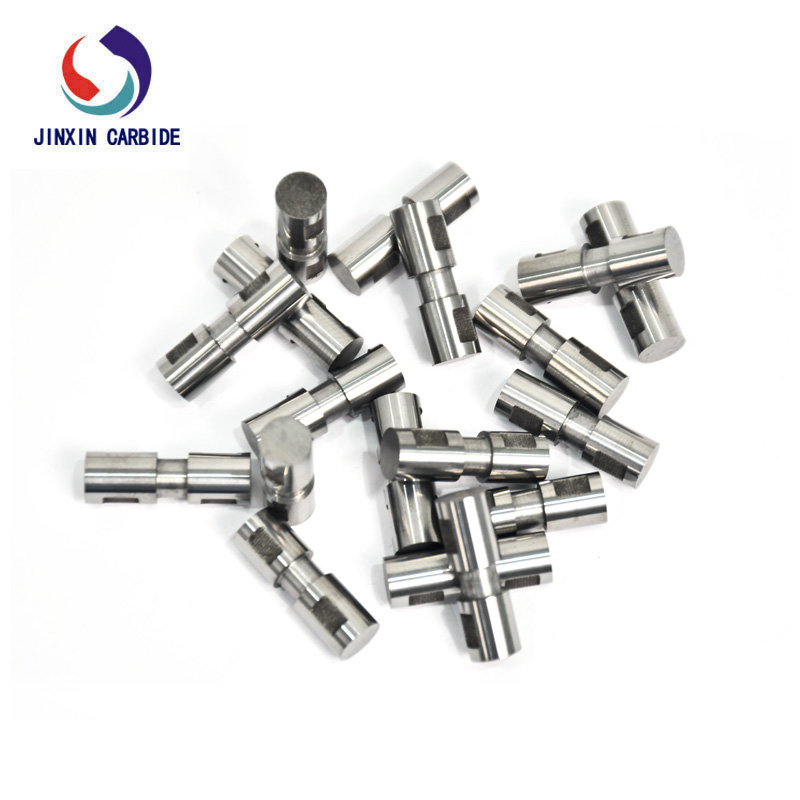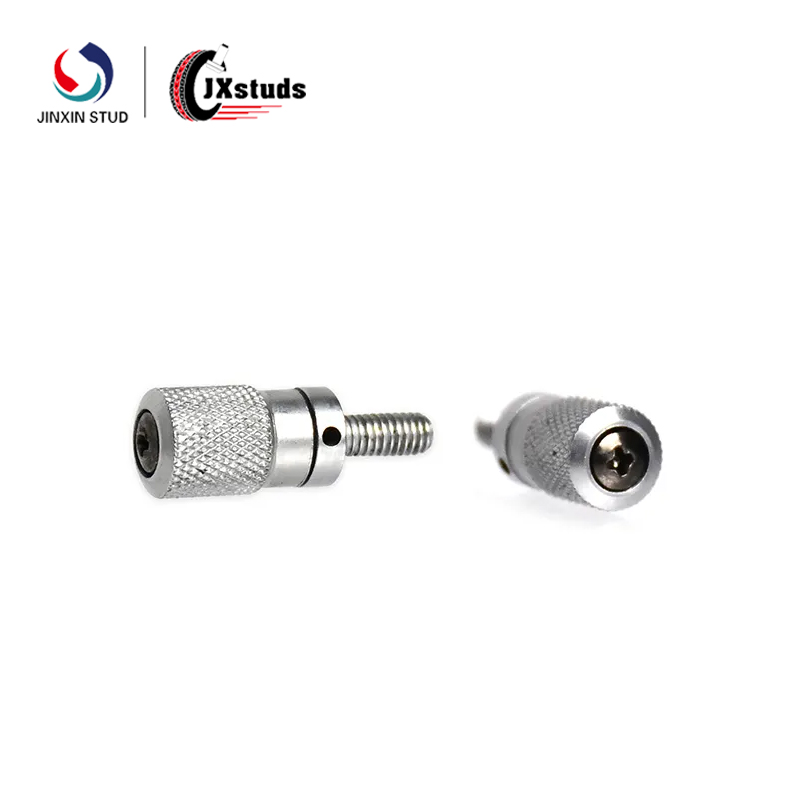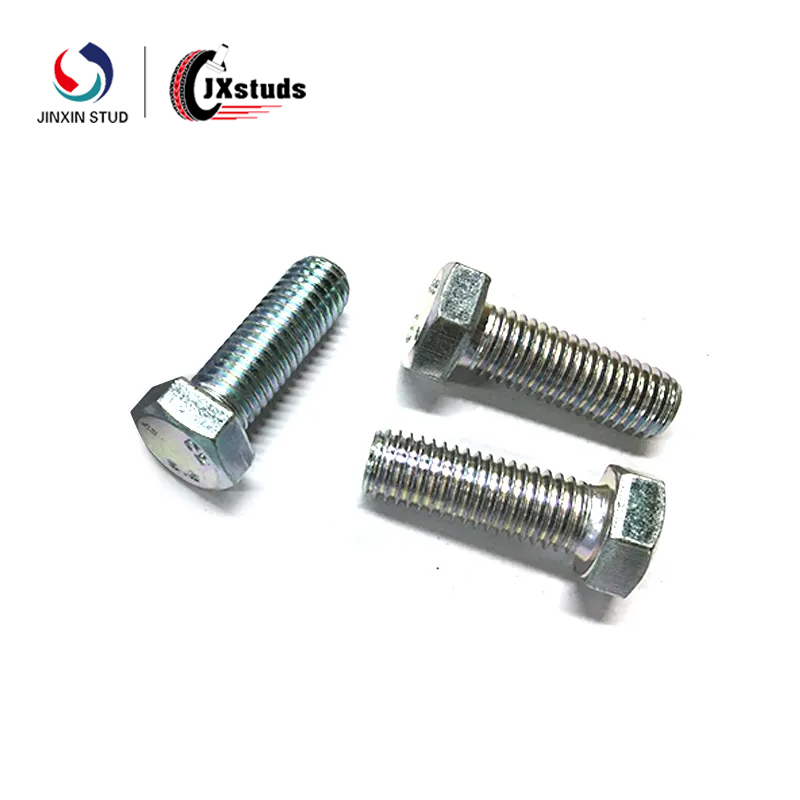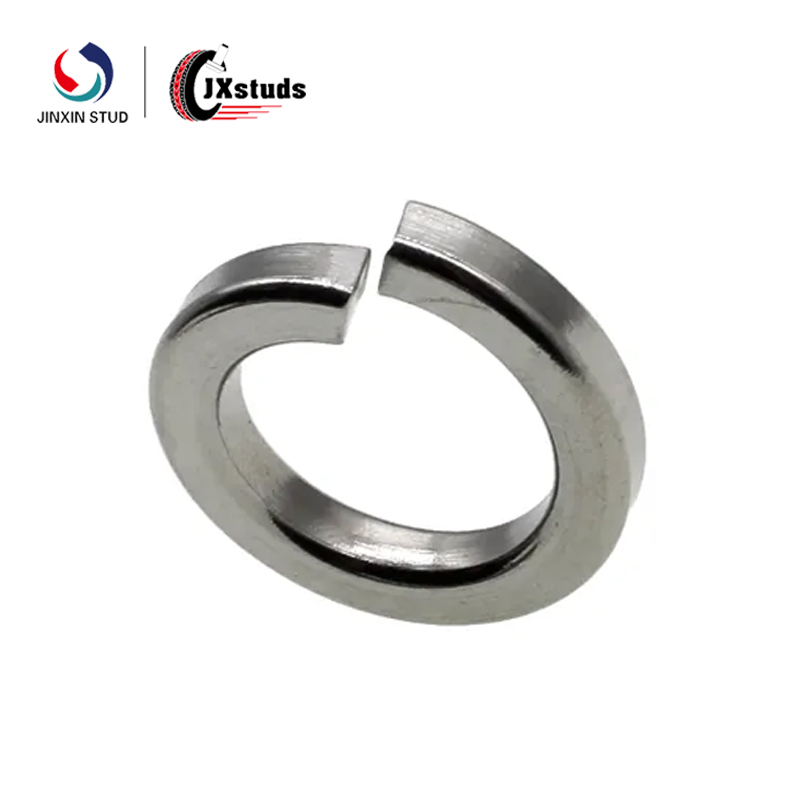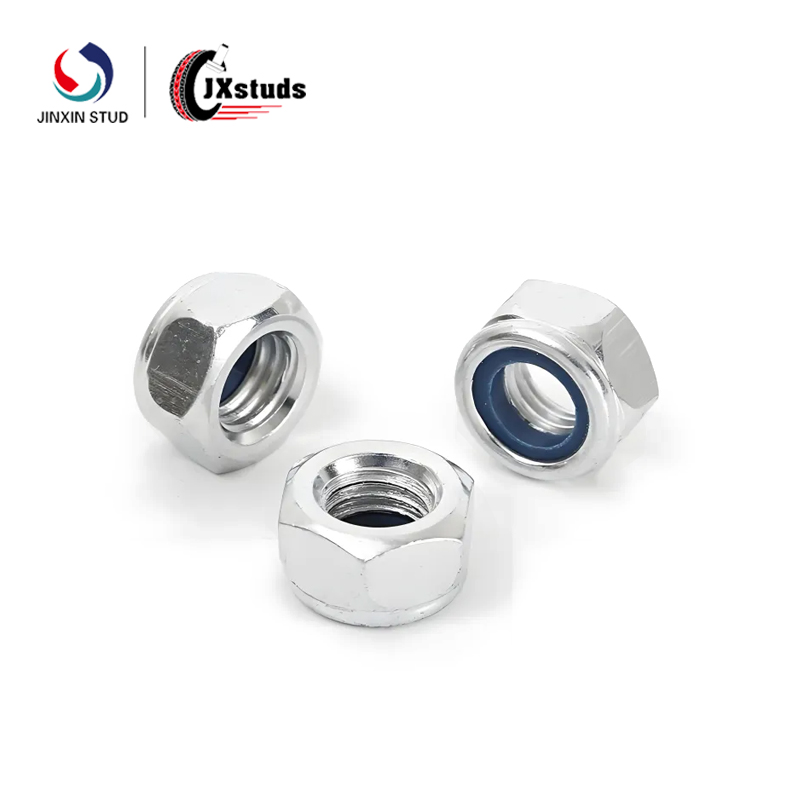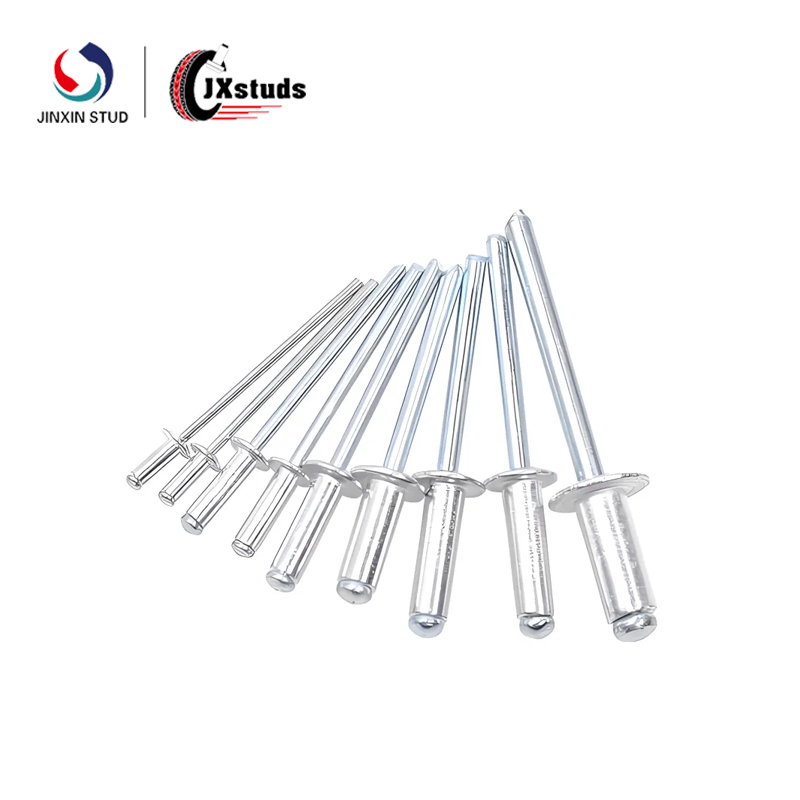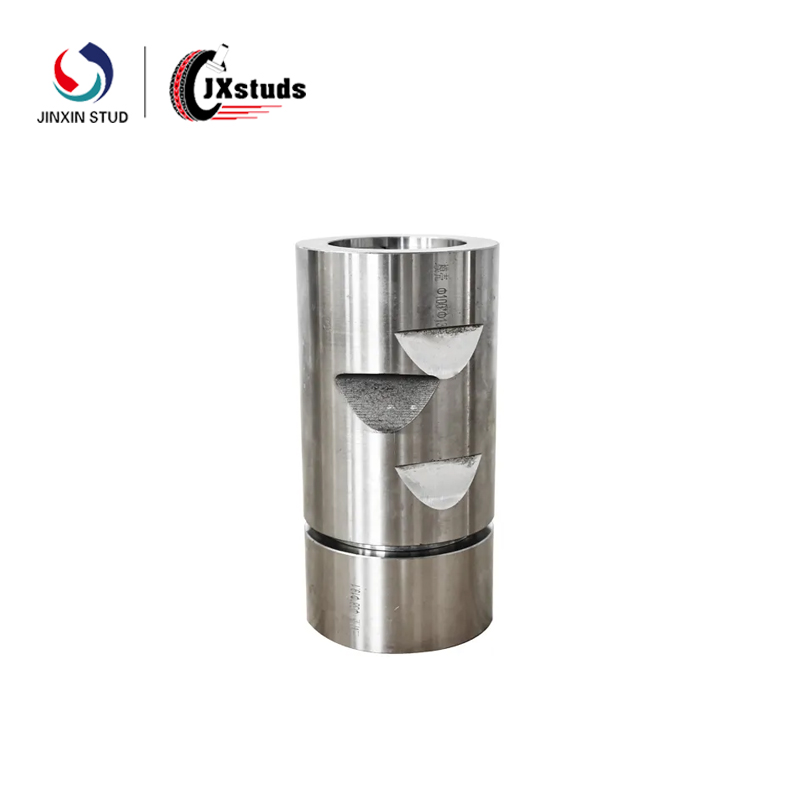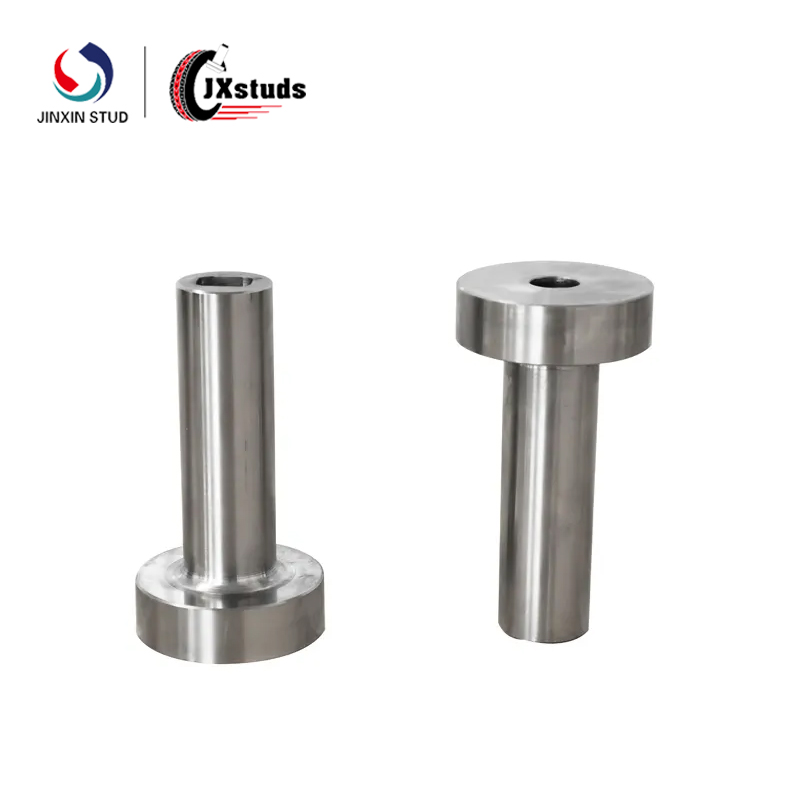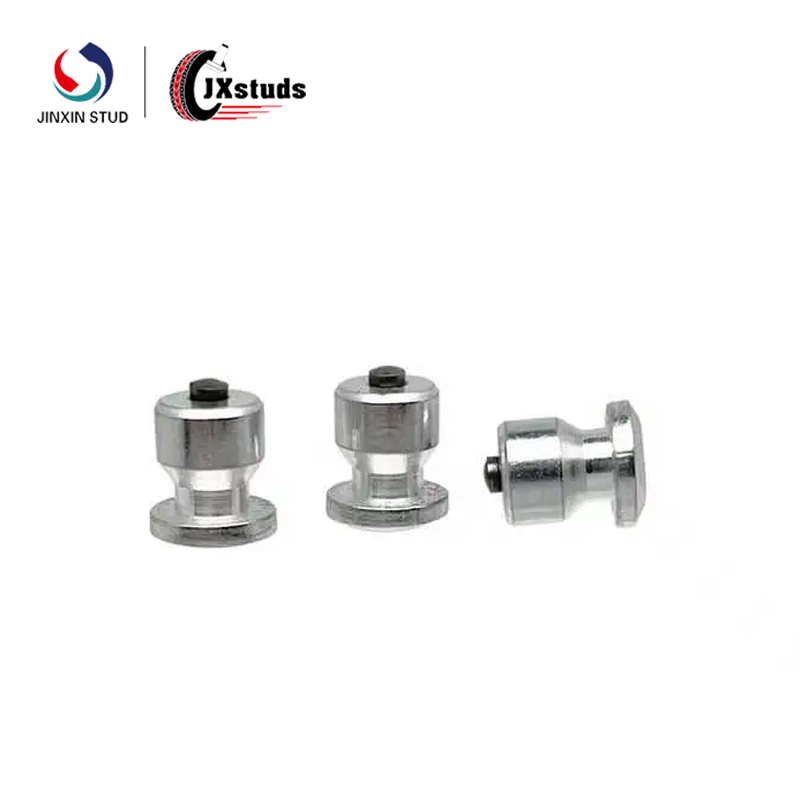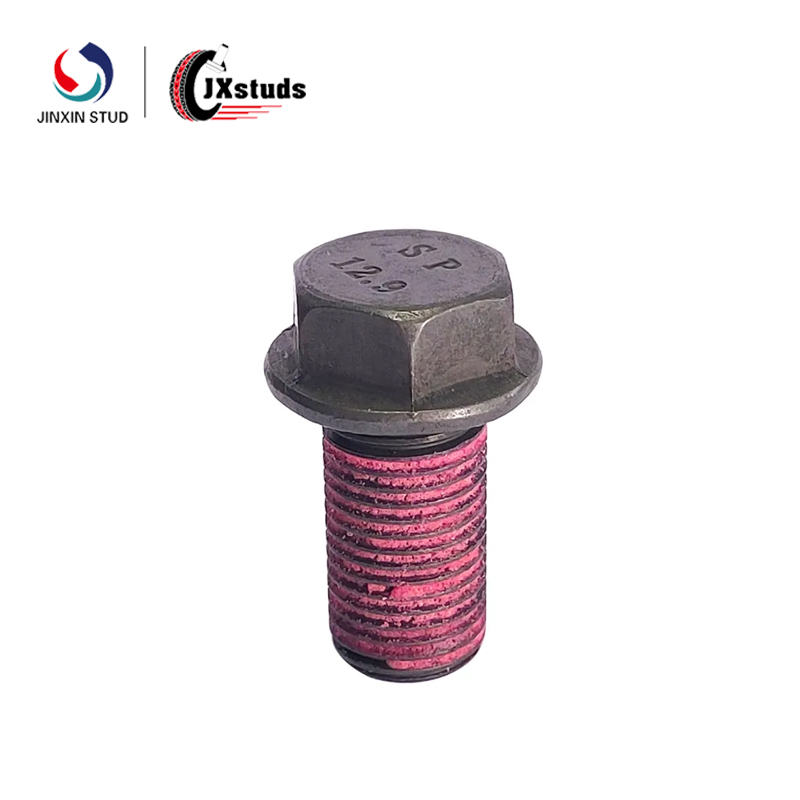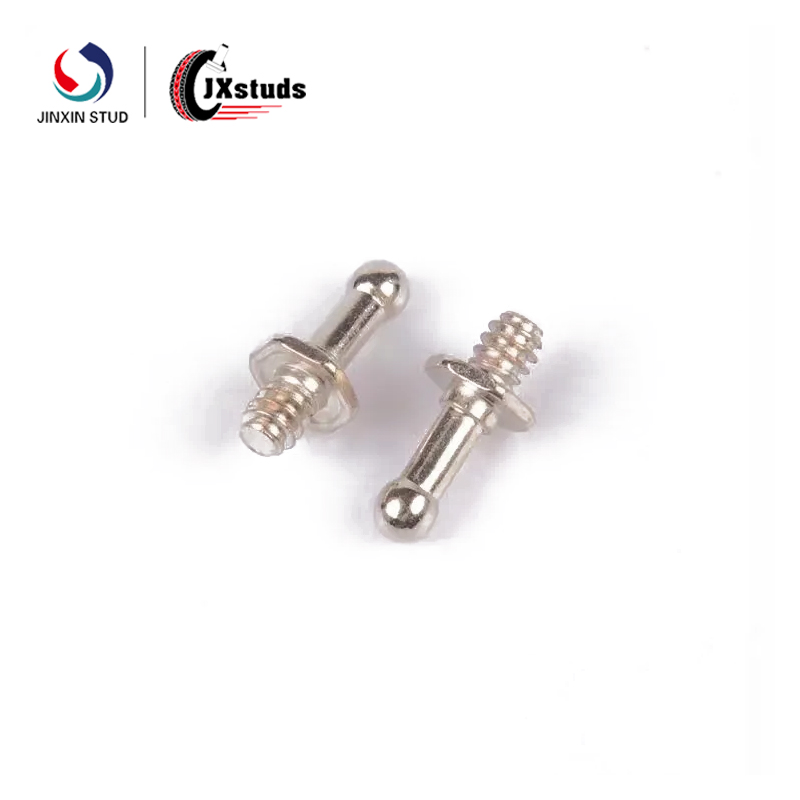In contemporary industrial connection systems, Chinatungsten Intelligent Manufacturing's tungsten alloy fasteners, as high-performance connection components, play a vital role and are considered core components in materials engineering. Their superior performance stems from the inherent properties of tungsten and the optimization of other metal elements. Firstly, their high density ensures efficient weight distribution and connection stability within a limited volume.
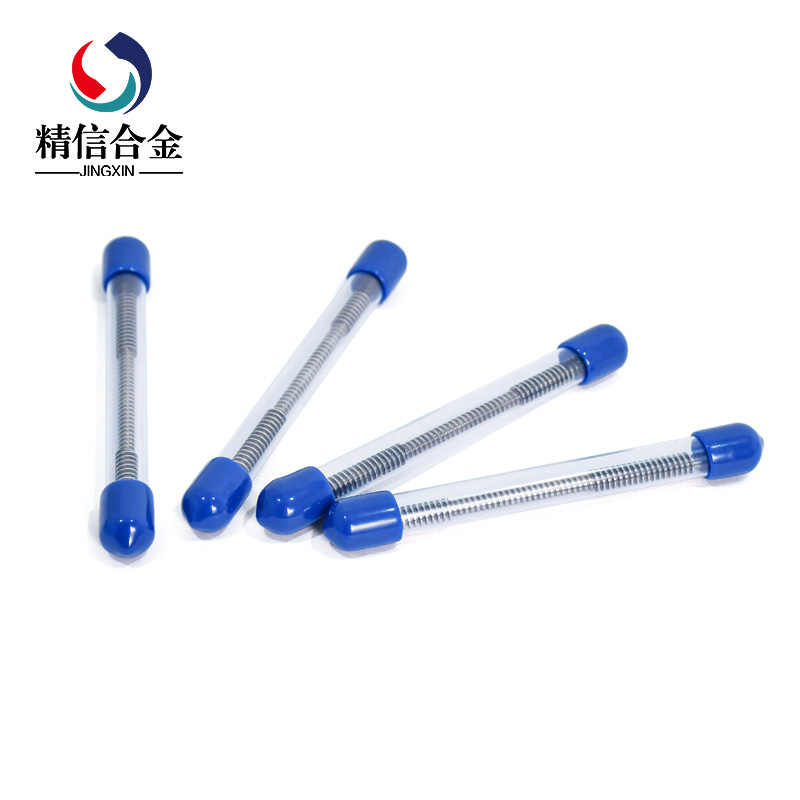
In terms of mechanical strength and hardness, the alloying process improves the tensile strength and fatigue resistance of fasteners through solid solution strengthening and dispersion strengthening mechanisms. This strengthening enables fasteners to withstand loads under complex stress states, including tension, shear, and torsion.
Adaptability to extreme environments is a hallmark of tungsten alloy fasteners. In furnace components of metallurgical equipment, oxidation and differential thermal expansion at high temperatures can cause joint loosening. However, tungsten alloy fasteners maintain dimensional stability through their low coefficient of thermal expansion, ensuring continuous operation. Furthermore, tungsten alloy exhibits excellent chemical stability, making it suitable for use in both acidic and alkaline environments.
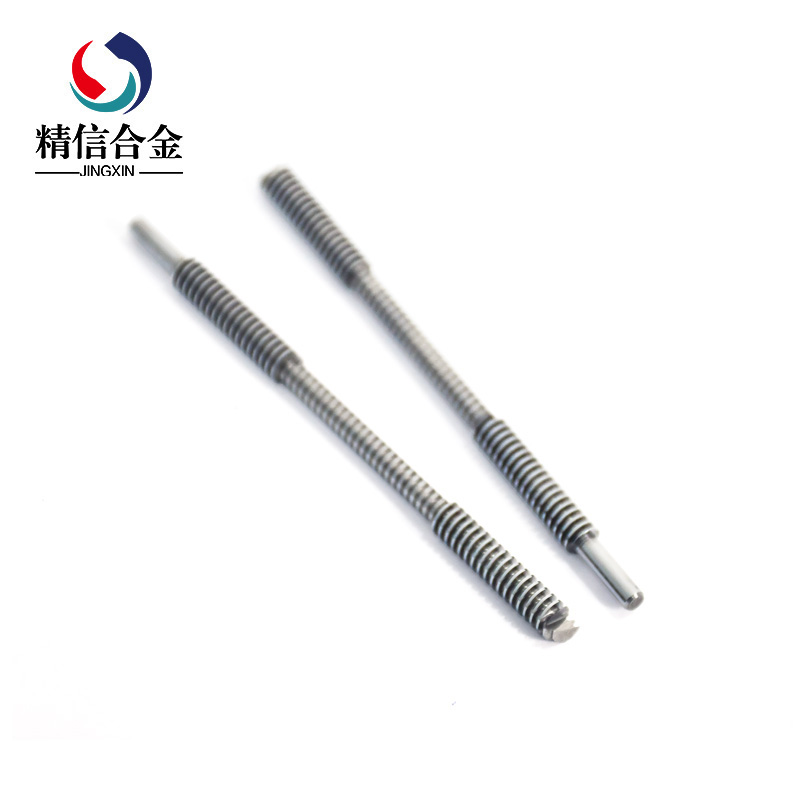
1. Application of tungsten alloy fasteners in aerospace
The aerospace industry places stringent performance demands on fasteners, and tungsten alloy fasteners excel in this environment, supporting the entire lifecycle from launch to operation. Rocket engine design faces multiple challenges, including high-temperature gas flows, high-pressure propellants, and intense vibration. Tungsten alloy fasteners, with their high melting point and resistance to thermal fatigue, ensure stable connections between fuel nozzles, turbine blade supports, and thrust chamber components, preventing the propagation of microcracks induced by thermal stress. Furthermore, their high density helps absorb vibration energy, reducing the risk of resonance.
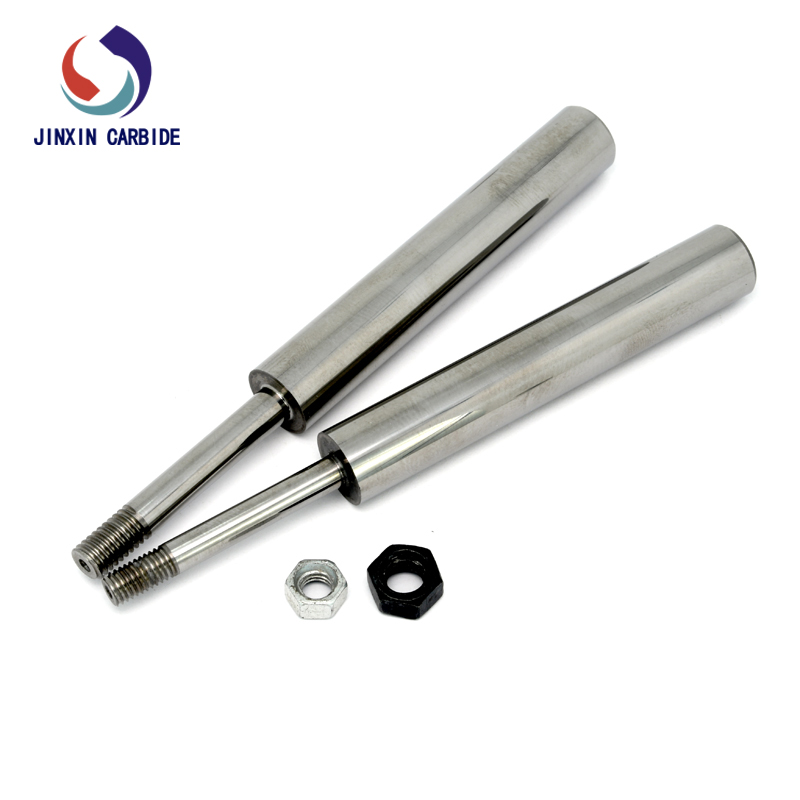
Expanding into the aircraft sector, tungsten alloy fasteners are used for fastening high-temperature areas in turbine engines, such as combustion chamber liners and high-pressure turbine disk connections. These components are subject to continuous high-temperature oxidation and mechanical stress. The low thermal expansion coefficient of tungsten alloy combined with the ceramic coating maintains dimensional accuracy, helping to reduce the risk of failure caused by thermal mismatch.
In space station and satellite applications, tungsten alloy fasteners withstand vacuum, radiation, and temperature fluctuations. Space radiation can cause hydrogen embrittlement in the material, but tungsten alloy's radiation shielding capabilities protect internal electronic modules. In the solar array mounts of the International Space Station, tungsten alloy fasteners secure photovoltaic panels, withstand micrometeorite impacts and thermal cycling, and ensure continuous energy supply.
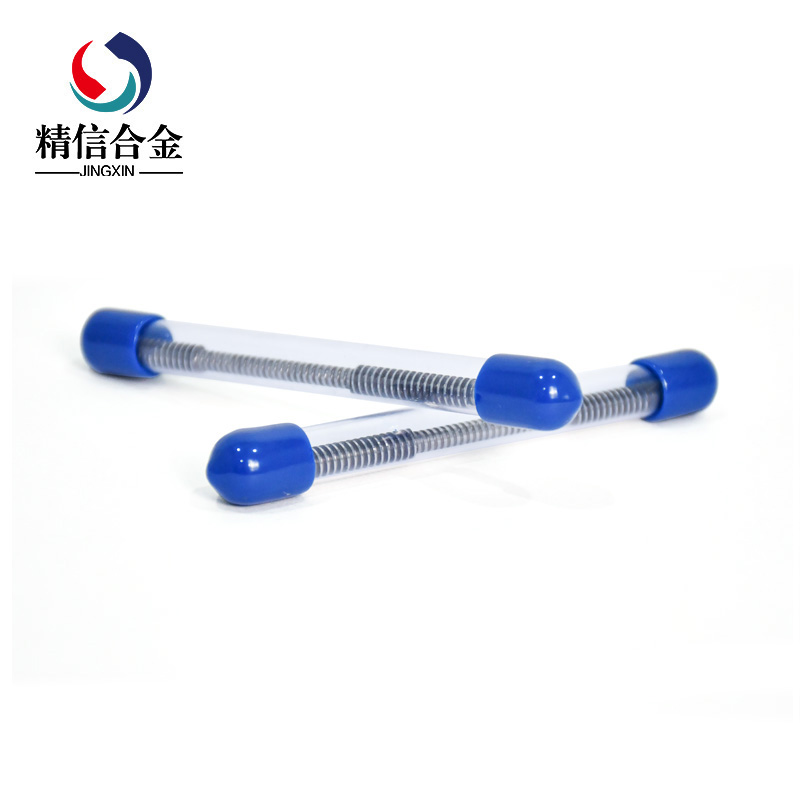
2. Application of tungsten alloy fasteners in the automotive industry
Automotive manufacturing relies on the durability of fasteners, and tungsten alloy fasteners are playing an increasingly prominent role in engines, chassis, and emerging electric systems. Tungsten alloy fasteners are also used to secure automotive battery modules. High-power battery packs generate heat and electromagnetic interference, and tungsten alloy's thermal conductivity and electromagnetic shielding properties optimize thermal management and signal integrity. Furthermore, in transmission and motor systems, tungsten alloy fasteners connect gear assemblies, resisting torque fluctuations and improving transmission efficiency.
Chassis and suspension systems benefit from the fatigue resistance of tungsten alloy fasteners, absorbing road shock and improving vehicle handling. In autonomous vehicles, these fasteners are used to secure sensor brackets, ensuring the best possible alignment of lidar and cameras, supporting high-precision navigation.
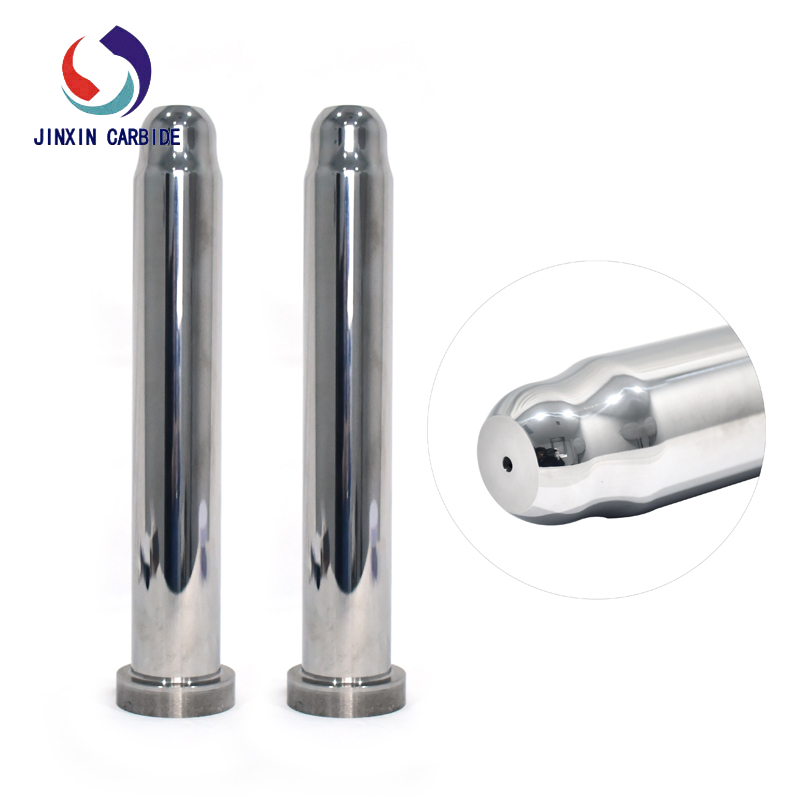
3. Application of tungsten alloy fasteners in electronic equipment
The miniaturization and high integration of electronic devices require precise and reliable fasteners. In specific applications such as circuit board fastening, tungsten alloy fasteners provide low-resistance connections, helping to ensure signal transmission integrity. In server racks, they are used to secure processor heat sinks, improving heat transfer efficiency and preventing overheating failure. Their anti-vibration properties reduce the risk of loosening in drone electronic systems, supporting flight stability.
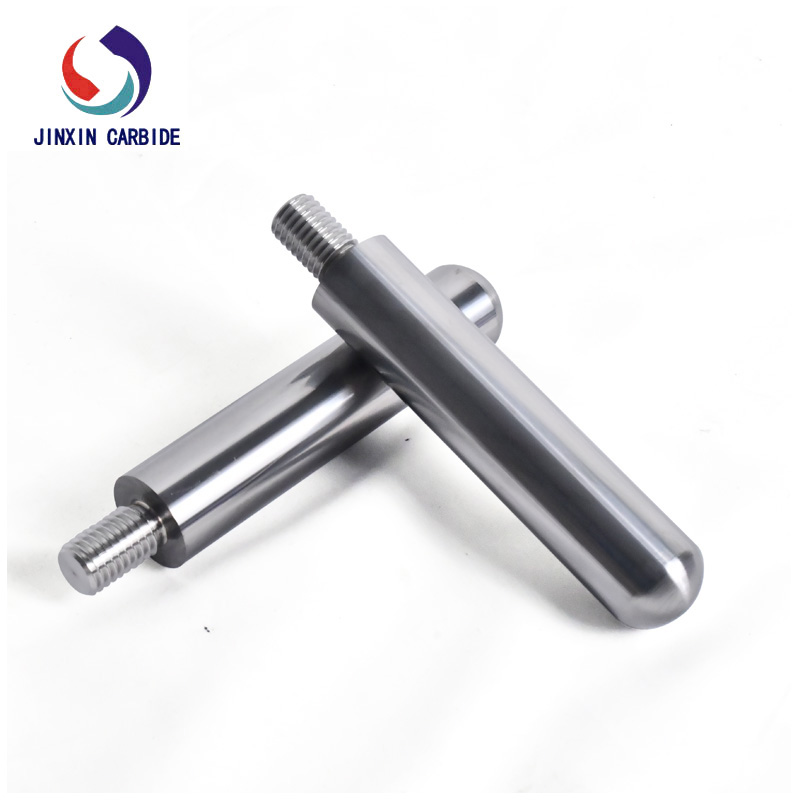
4. Application of tungsten alloy fasteners in the medical industry
Medical equipment emphasizes safety and precision. Tungsten alloy fasteners are used in radiation equipment to secure shielding components, effectively attenuating radiation with high density to protect personnel. In CT scanners, tungsten alloy fasteners secure the X-ray tube mount, helping to ensure precise focusing of the radiation beam. In surgical instruments, the corrosion resistance and strength of tungsten alloy fasteners support precise joint connections, thereby facilitating the smooth execution of minimally invasive procedures.
